Computer Science
Computer Science is a field I consider to be my home base. I enjoy the pure expression of the scientific method underlying the use of computation as a way to explore the universe.

Unraveling Computational Thinking: Beyond Just Code
Harnessing the power of computation to transform our approach to real-world challenges.
Read More
From Garage Band to AI Maestro
Rekindling an extreme metal dream through artificial intelligence.
Read More
Decoding Computation Through the Essence of Data Representation
Diving deep into the foundational ways information is encoded.
Read More
The 6 Problems Computation Solves
Knowing which problems we can solve is the first step towards solving them.
Read More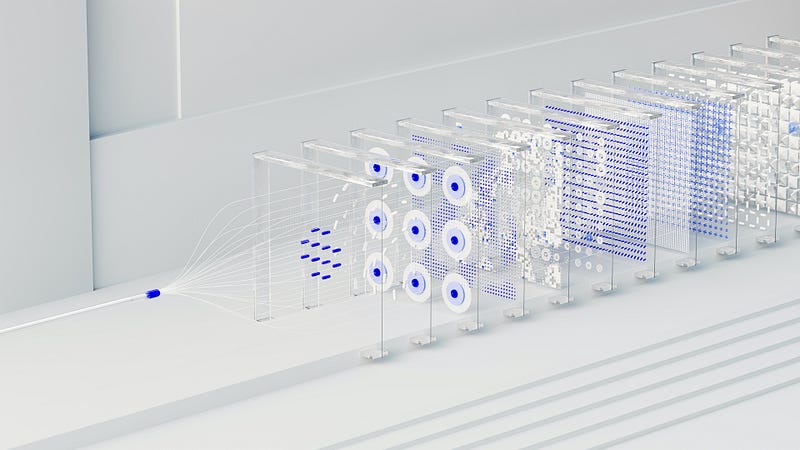
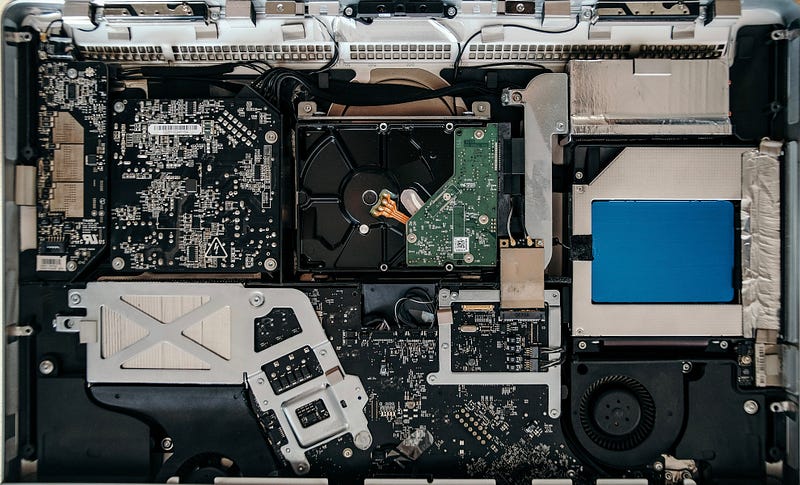
3 Applications of Decomposition in Computer Science
We use decomposition to make complex problems easier to solve.
Read More
The 4 Limitations of Abstraction in Computer Science
Abstraction is a means to represent complex systems by their essential features.
Read More
8 Core Principles of Computer Science
Sometimes I wonder what computer science is and sometimes the answer is not obvious. Let's see if we can sort it out together.
Read More
Top 3 Ways to Implement Green Computing Evaluations in Python Unit Testing
Green computing is not just a theoretical concept. We can apply it as a practical solution. I say it is critical we do so today.
Read More
Optimizing Boolean Checks and Network Sockets for Green Computing
Our Python code can slurp more energy than necessary. Of course, some energy consumption is unavoidable. Some we can change to be more green.
Read More
Three Examples to Increase Sustainability in FatRat
Analyzing public Python code to learn green computing habits is fun and informative. Today, we examine the FatRat project in GitHub.
Read More
Why We Should Be Studying Artificial Life and not Artificial Intelligence
Artificial life, often abbreviated as A-Life, is an interdisciplinary scientific field focused on studying life and life-like processes.
Read More
Unseen Power Drain: The Shocking Energy Secrets of Your Programming Language
Have you ever wondered how much energy your computer drains when you’re programming? Well, the answer might surprise you.
Read More
What is Computer Science?
Computer science is a hot field within the broader STEM domain. To many, computer science is the degree we pursue when our parents tell us…
Read MoreCybersecurity
Cybersecurity has been my passion for two decades. The challenge. The excitement. A jedi indeed craves these things.
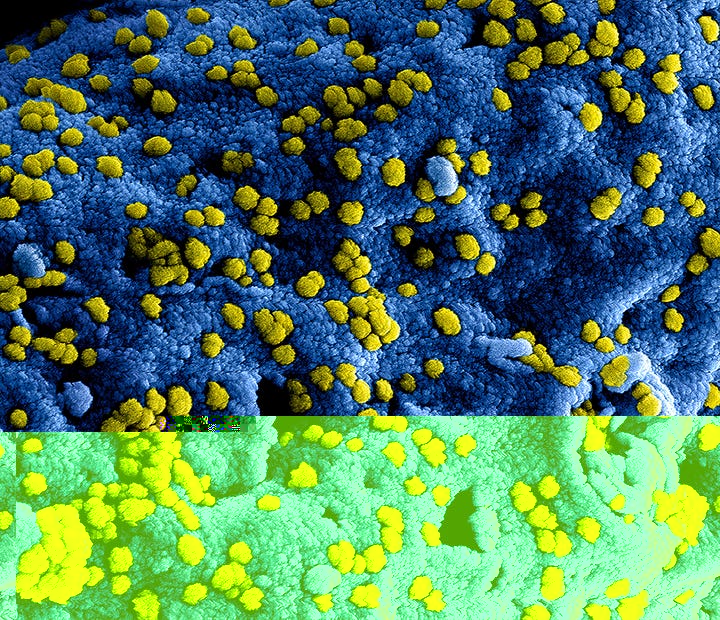
Adapting to Survive: Cybernetics Meets Bacterial Evolution
Illuminate the Principles of Learning and Adaptation in Cybersecurity
Read More
Decoding Nature’s Communication Blueprint in Cybernetics
Drawing Parallels Between Bee Communication and the Principles of Information in Cybersecurity
Read More
The Secrets of Cybernetic Regulation and Control
Here’s how cybersecurity can regulate and control itself
Read More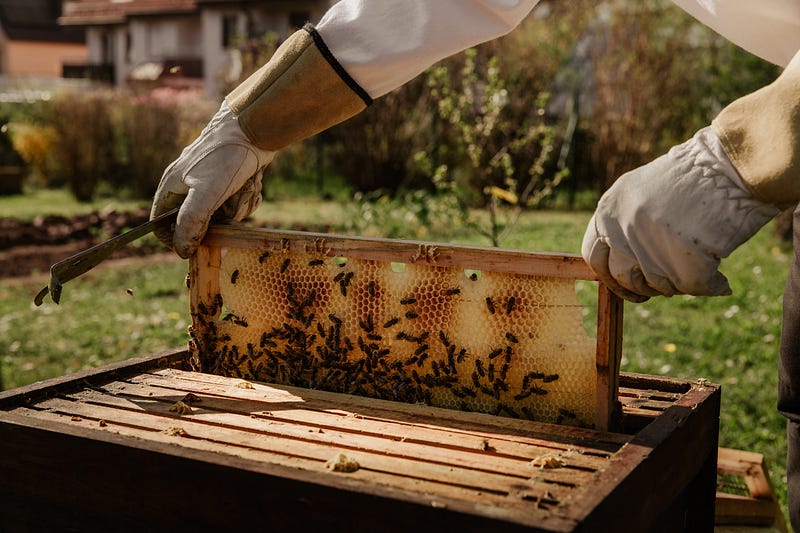
Three Dead Giveaways a System is a Honeypot
There are often signs that can give away that a system or service is a honeypot.
Read More
How to Get a Grip on Feedback Loops in Cyber
Examples of a defense-oriented feedback loop in a biological system come from botanical life. Specifically, a plant's response to insects.
Read More
Five Behaviors Your Honeypot Must Have
A honeypot is only as good as its ability to attract and capture adversarial behavior. Here’s five behaviors you must have to be successful.
Read More
Cybernetics and Cybersecurity
We have known the principles of cybersecurity for more than 70 years. For these seven decades cybersecurity has continually failed.
Read More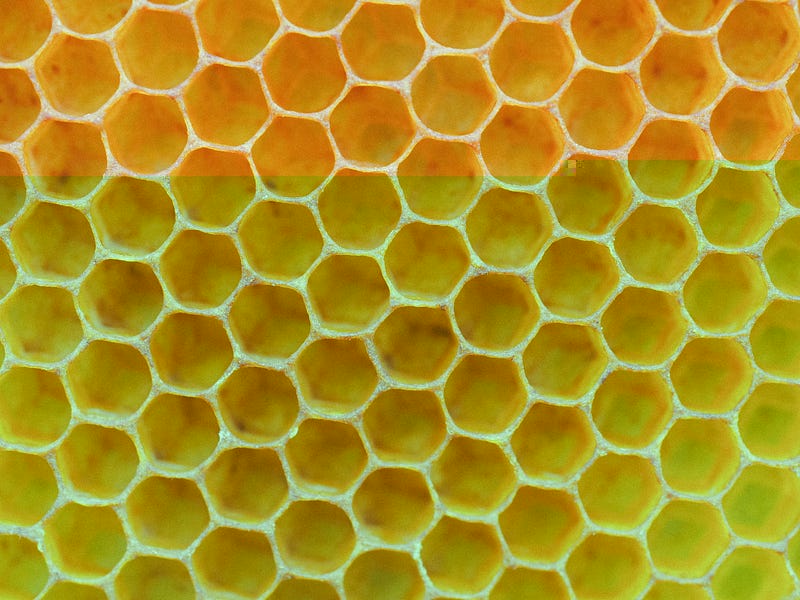
7 Steps to Design and Develop an Adaptive Honeypot
Honeypots are secret workhorses in the cybersecurity world. They help us create innovative strategies to defend our systems.
Read More
The Lowdown on Honeypots and Honeynets
You might be curious about the purpose of honeypots and honeynets. These are mysterious tools of deception in the world of technology.
Read More
The Fourth Pillar of Cybersecurity: Unveiling the Essential Role of Sustainability in Cyber Defense Strategies
Cybersecurity is a term that’s usually associated with data protection and internet safety. I say cyber is overdue to add sustainability.
Read MoreEducation
Education is one of those topics I find myself leaning into hard on occasion. I have a lot to talk about as university professor and a student.


The Secrets of Cybersecurity Education Research, Part 3
A search for the missing 75 percent.
Read More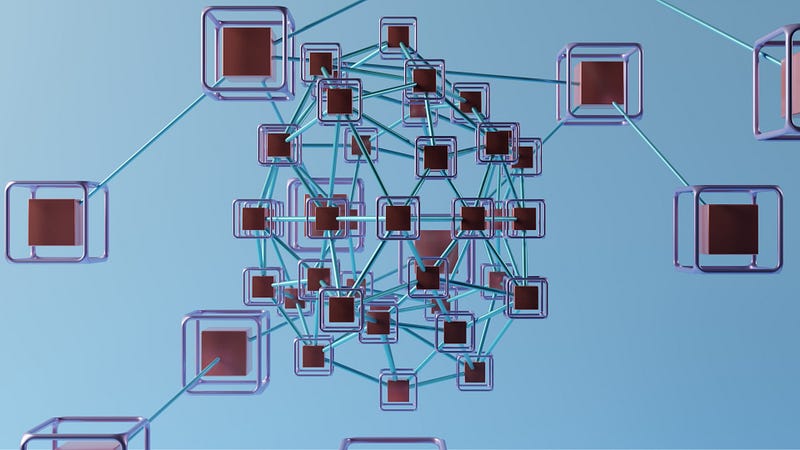
The Secrets of Cybersecurity Education Research, Part 2
Wherein we find if researchers are building on the shoulders of giants.
Read More
The Secrets of Cybersecurity Education Research, Part 1
What academia doesn’t want you to know about how it makes its sausage.
Read More
Discover How Computation is the Meta Liberal Art
In an age where STEM fields are often prioritized, computation underscores that the skills developed through the study of Liberal Arts.
Read More
Ten Ways to Measure Deep Thinking in Students
Deep thinking involves complex cognitive processes. Yet, we can measure deep thinking ten different ways. Here's how.
Read More
The One Word Every Professor Gets Wrong
Rigor is the one word professors shout from their lecterns. Rigor is also the one word every one of them gets wrong.
Read More
9 Examples of the Liberal Arts in Education
The role of the liberal arts in education is as relevant today as it was in throughout history. Here’s 9 examples.
Read More
Higher Education Is Killing Critical Thinking
Have you ever wondered if going to college worth it? After all, college is all about getting a job and making money.
Read MoreFutures
Futures is one of my favorite hobbies. The combination of the past and present creates pockets of decision within uncertain futures. This is about probability, not prediction.

2040 Will Be the Year of Artificial Life Forms
Disrupting environmental monitoring at global scale
Read More
I Think Therefore We Are
The biodigital convergence of brain-computer interfaces and agency
Read More
The Incredible Biological Computer
A Technology Futures foresight into the future of computation and compute
Read More
The One Trait All Great Tech Futurists Share
A breakdown of thinking about thinking for Technology Futures
Read More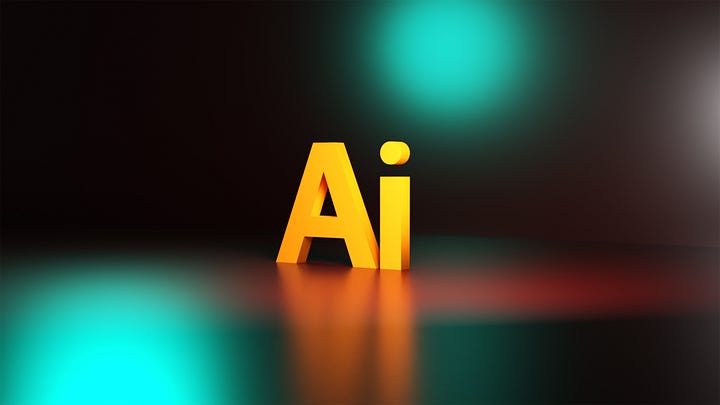
A Technology Futures Analysis of the AI Hype
Analyzing and Responding to ‘How the AI Revolution Will Reshape the World’
Read More
How Consumer Electronics Will Transform by 2033
The Revolutionary Shift in How We’ll Create and Consume Gadgets in the Next Decade.
Read More
The Future of Harnessing Ambient Heat
Discover how graphene-based devices are reshaping the future of energy harvesting.
Read More
Unlock the Future Through Overparameterization
How Performance increases unlock another dimension for data
Read More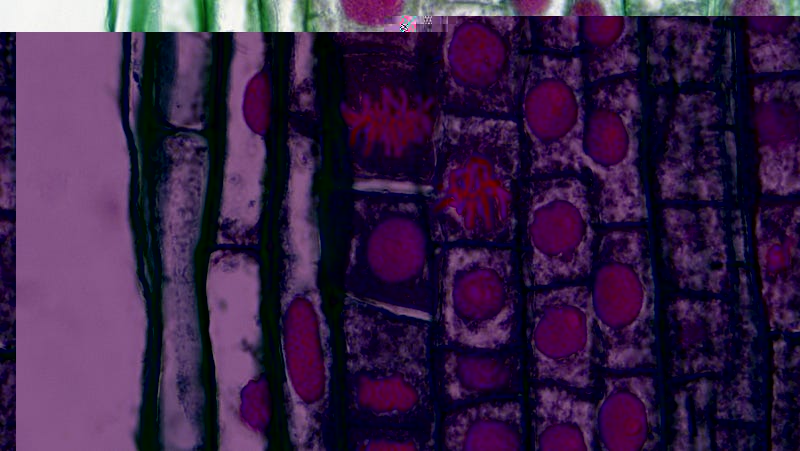
The Hidden Future of Biological Computing
A Technology Futures take on turning cells into computers
Read More
The 2 Methodologies of Technology Futures
Wherein the goal is to infer what is possible in fields of uncertainty.
Read More
The 4 Core Components of Technology Futures
The drivers of decision-making and strategic foresight.
Read More
How to Be a Technology Futurist in 5 Steps
Technology Futures is an inferential process we can use to reduce uncertainty about the future and reveal potential decision points.
Read MorePhilosophy
As much as I love technology, I might be having an affair with philosophy. I'm an unabashed amateur but take the fundamental questions of existence seriously.

Synthetic Life
Synthetic life, or artificial life, was my gateway into computer science. I'll never forget seeing a Game of Life glider for the first time.

Navigating the Labyrinth: My Folk Experiment With Search Agents
A deep dive into procedural mazes and the intriguing ways AI search agents find their way out.
Read More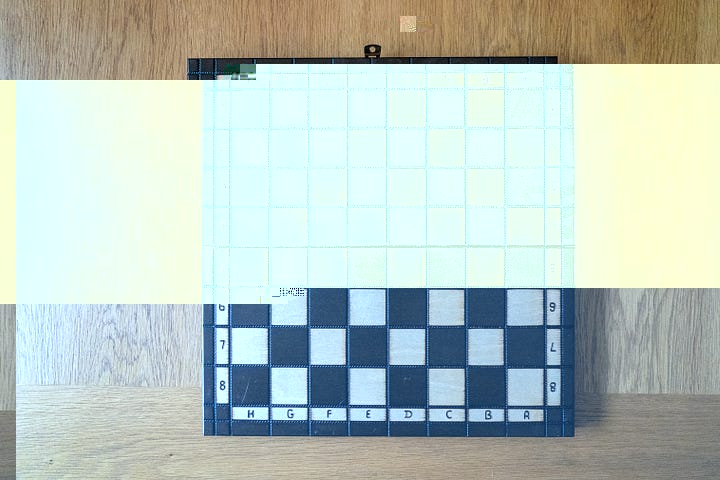
The Hidden Potential of Cellular Automata Systems
From simulating life’s patterns to optimizing network traffic flow.
Read More
How I Would Communicate with Synthetic Intelligence
A design and implementation of a safe communication protocol.
Read More
When Search Becomes Adversarial
Letting agents compete let's us solve more complex problems more efficiently.
Read More
The Way I Got Into Artificial Life
A first act in how I got interested in the field of artificial life.
Read More
A Deep Exploration of Search-based Agents
Search-based agents are great at sniffing out optimal solutions to complex problems.
Read More
The Secret World of Utility-based Agents
Utility-based agents are flexible problem solvers that optimize decision-making.
Read More
Will the Turing Test Detect Synthetic Intelligence?
Understanding the potential differences in the search for intelligence.
Read More
How to Get a Grip on Rule-based Agents
The 4 types of rule-based agents are similar but have differing advantages relative to certain problems. Let's find out what these are.
Read More
The Lowdown on Agency in ALife and AI
Intelligence alone, synthetic or otherwise, does not provide the means to act. In part, such a claim summarizes a core issue with AI.
Read More
4 Ways to Build an AI Agent
AI agents are purpose built to solve specific problems. Let’s look at 4 examples of how to build an AI agent then.
Read More
7 Questions to Clarify the Differences Between Synthetic Intelligence and Artificial Intelligence
In this story I ask 7 questions about synthetic and artificial intelligence. The answers help differentiate between the two. I also give code examples.
Read More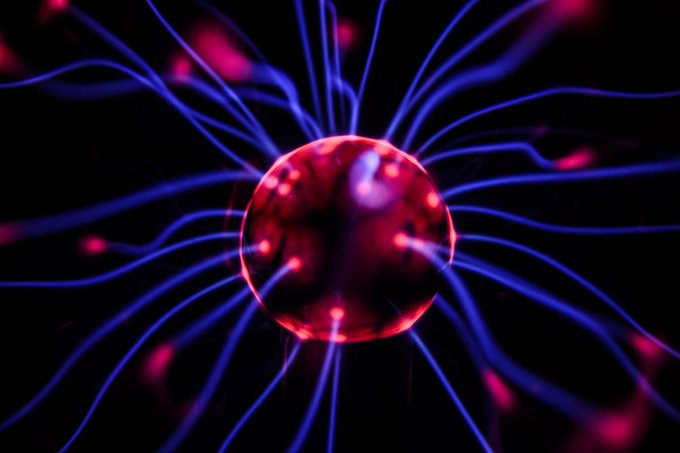
3 Questions to Understand Synthetic Intelligence
We need to differentiate between synthetic and artificial intelligence. Here’s three questions we can ask to guide our effort.
Read More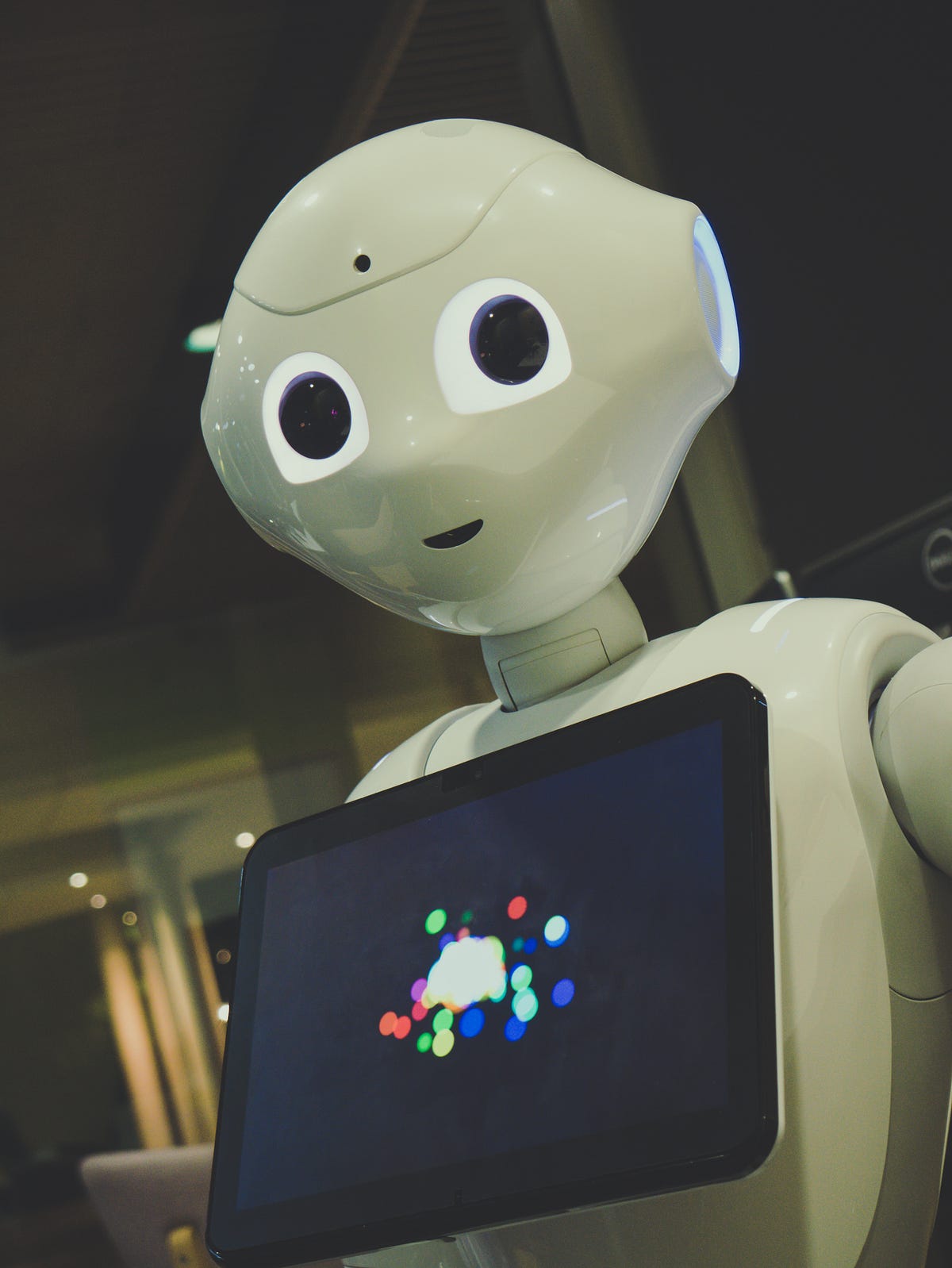
What is Synthetic Life?
The popularity of artificial intelligence has grown to epic proportions. But we’ve been sold on a lie. AI isn’t intelligence, is it?
Read More